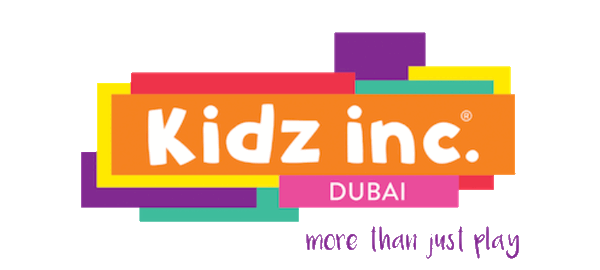Introduction
The Early Years Foundation Stage (EYFS) is a comprehensive framework that sets the stage for a child’s early education and development. It is designed to provide a strong foundation for children from birth to five years old, focusing on their holistic growth and preparing them for primary school. In this blog, we’ll delve into the key aspects of the EYFS, its principles, and the importance of this framework in shaping the future of our youngest learners.
Understanding the EYFS Framework
The EYFS framework is a critical component of early childhood education, serving as a guide for educators and parents to ensure that young children receive the best possible start in life. It is divided into four key themes:
1. A Unique Child: This theme emphasizes the importance of recognizing and celebrating the individuality of each child. It acknowledges that every child is a competent learner from birth and that their early experiences significantly impact their development.
2. Positive Relationships: Building strong and nurturing relationships between children and their caregivers is at the core of the EYFS. It highlights the role of parents, caregivers, and educators in providing a supportive and secure environment for children to thrive.
3. Enabling Environments: The EYFS emphasizes the significance of creating an enabling environment that is rich in resources and opportunities for children to explore, learn, and develop.
4. Learning and Development: This theme outlines the various areas of learning and development that children should experience during their early years. These include communication and language, physical development, personal, social, and emotional development, literacy, mathematics, understanding the world, and expressive arts and design.
The Importance of EYFS
1. A Holistic Approach: The EYFS takes a holistic approach to child development, recognizing that young children are not just passive learners but active participants in their own growth. It places equal importance on social, emotional, and cognitive development.
2. School Readiness: The EYFS plays a vital role in preparing children for the transition to primary school. It equips them with the essential skills and knowledge they need to excel academically, emotionally, and socially.
3. Early Identification of Needs: By closely monitoring each child’s development, the EYFS allows for early identification of any developmental delays or special educational needs, enabling timely intervention and support.
4. Parental Involvement: The EYFS encourages parents to actively engage in their child’s education. It promotes open communication between parents and educators, ensuring that the child’s learning journey is a collaborative effort.
Challenges and Controversies
While the EYFS framework has many benefits, it has also faced its fair share of criticisms. Some concerns include the pressure to meet specific milestones and the potential for over-assessment of young children. The balance between formal education and play-based learning has been a subject of debate.
Conclusion
The Early Years Foundation Stage (EYFS) is a vital framework that shapes the early education and development of children. It provides a strong foundation for young learners, emphasizing the importance of individuality, positive relationships, and enabling environments. By focusing on holistic development, the EYFS ensures that children are well-prepared for primary school and beyond. While it has faced some controversies, the EYFS remains a cornerstone of early childhood education, supporting the growth and potential of the youngest members of our society.
